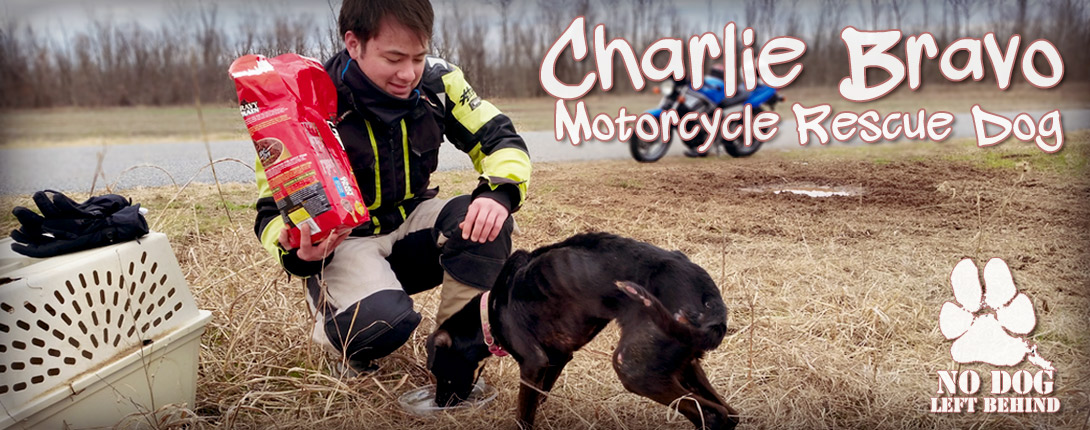Dad here: my grandfather had a saying: “I would rather sleep with a wet dog than a guilty conscience”; As it’s a cold, rainy Sunday morning at the Casa del Whackos, I get the two for one special, except the dog is plural, not singular. All of the inmates have been out, then back in, then out, and back inside again, the fanning of the back door blurring the fine line between inside and outside. If I could figure out a way to rig a generator to the hinges, I would never have to pay another light bill as long as I live.
A follower of this page recently asked me the origins of the phrase “we be of one blood, ye and I”. Regrettably, I can’t take the credit, as it was originally written by Rudyard Kipling in “The Jungle Book”.
In Kipling’s jungle, all follow The Jungle Law and part of that law is to obey the “master word” that is spoken in your own tongue claiming kinship and your help.
Mowgli and other characters use it when they are in trouble or asking a favor from someone else – Mowgli asks Chil the kite to mark his trail, Bagheera the panther calls it out in desperation when Kaa the python is late to join the fight for survival against the Bandar-log monkey folk, etc.
The sentence’s meaning is as follows: no matter how much animals can appear different from one another, nevertheless they all share the same blood that flows through their veins, for they do and will always come together in a mysterious connection. In our case, the connection began six years ago next week as the story of an emaciated black dog found left to starve in a crate.
I saw from the beginning that there would be all types of followers of the page: right and left, old and young, Republicrats and Demoplicans, cats and dogs, wadders and folders, but also that much more connects us than divides us. So it made perfect sense to me to plagiarize Kipling’s mantra; I wish that he were alive today so that I could ask his blessing, but I feel very confident that he wouldn’t mind it being used in this context. I can even dream that he might sneak a “Charke diem” into one of his works, as I think that he would get the connection.
Another book that put us on the path we are on today is “The Man of La Mancha”, the story of Don Quixote. The don was an eccentric knight that believed in a chivalry that he saw as vanishing. With his trusty sidekick Sancho Pansa to help keep him grounded in some semblance of reality, they traveled the countryside looking for causes to champion. Unfortunately for them, many of the cases they discovered were of the hopeless variety, with no positive conclusion evident. Of course, this made Don Quixote the laughingstock of the “normal” folk, but he was undeterred; in his lunacy, he still believed that the experience was more important than the outcome. To my mind, his constant championing for hopeless cases made him the literary equivalent of St Jude, the patron saint of lost causes.
I recently read that Don Quixote’s internal war between pragmatism and idealism was the inspiration for the two main characters in “Lonesome Dove”: Captains Woodrow F. Call and Augustus McRae. Another favorite book; are we seeing a pattern here? Like everything else in life, what we search for is what we find, and what we send out, no matter how small, is what we get back.
We be of one blood, ye and I
Support the cause at https://www.patreon.com/Charliesangels?fan_landing=true





